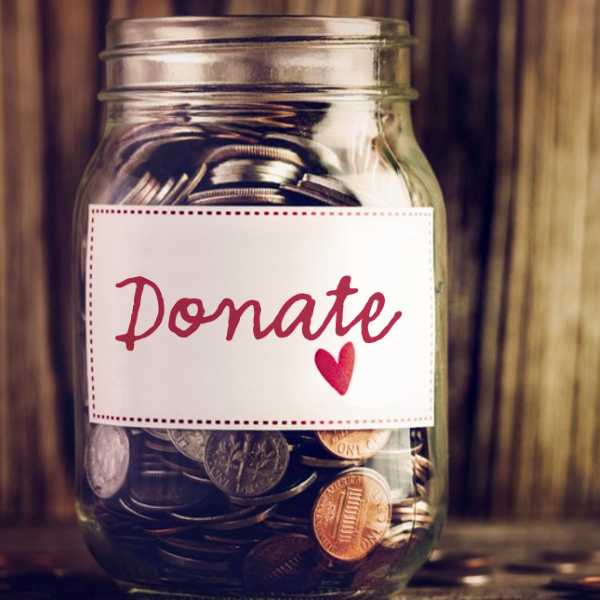My dad has Alzheimer’s. It is a tragic disease that robs him of his memories, his identity and his dignity. As the one responsible for my dad’s care, I am determined to see the gifts in this situation because I know they are there.
The gift that really stands out for me is watching how old hurts are erased as the illness progresses. My dad knew how to nurse a grudge. I spent many an hour listening to him ruminate over the wrongs that others inflicted on him. As a result, he spent a lot of time feeling victimized.
But one by one, Alzheimer’s is eradicating those old betrayals from his brain. No longer are his conversations obsessed with who did what to him. Now, instead, as we drive down the road to our coffee date at Starbucks, he comments on the beauty of the trees or giggles at the kids playing outside.
I witness and ask, “Why wait for some illness to erase the old hurts. Why not choose to let them go?”
Forgiveness is the way to intentionally let go of old resentments and hurts. All spiritual traditions teach forgiveness. We know it is a good thing to do, yet it can be so hard to do.
When we see the world through the eyes of hurt and betrayal, we become guarded and afraid. But when we live like that, we miss out on so much happiness. The greatest joys in life happen when we are open to one another and live life with abandon.
That is when I look at my dad and see how he has lost nothing by losing the story he fabricated around certain people and situations. Then I wonder how much better life would have been for him if he consciously chose to forgive.
The major world religions all teach forgiveness. Jesus says that if anyone has anything against you when you come to the altar, leave your gift and go make peace. The altar represents the divine awareness within. We cannot appreciate the divine or life’s gifts if we are holding a grudge.
Yogaswami says, “If the chimney is full of smoke, how can the light be seen? If the mind is full of dirt, how can the soul shine?” Resentment is that dirt that hides our light and keeps us from life’s pleasures. From the Bagavad Gita we have, “Seeing the Lord equally, everywhere, one does not injure the Self by the self, and so goes to his reward.”
We are the ones who get hurt when we harbor betrayal. I have heard it said that resentment is like drinking poison and expecting the other person to die.
We hold on to our hurts so tenaciously because we are afraid that if we let our guard down, we will get hurt again. Actually the opposite is true. When we are no longer obsessed with someone else, we think and act in healthier ways. Forgiveness doesn’t mean that we have to like the person. It means that we are free to direct our time, energy and attention to the things that really interest us.
The spiritual traditions provide us with clear instructions on how to forgive. Christian and Buddhist traditions both teach that the way to forgive is to send well wishes to the offender. The Buddhist teach a loving kindness meditation where you send loving thoughts to those you see as your enemy. Jesus tells us to love our enemies and pray for those who persecute you. You may be saying that they don’t deserve it. They may not, but you do.
I learned from watching my dad that life really is too short to take someone else’s unskilled behavior personally. Today, when I feel the urge to personalize the actions of another, I ask “Am I willing, to trade good feelings for hurt feelings? Will I gain anything by being angry or hurt?” Then I remember that the grudges my dad held added nothing to his life and robbed him of so much.
So where are we trading time for resentment? Decide right now to forgive and free yourself to focus on the things that you really want.














Another wonderful articlem Felicia. Your compassionate heart
is able to understand and reach out to your father on a new
level. At the present time, I have two dear friends, who
are afflicted from this horrible disease.
On a lighter note, I refer you to my letter to the editor,
published in the Sunday edition.
Comment October 16, 2011 @ 9:25 pm